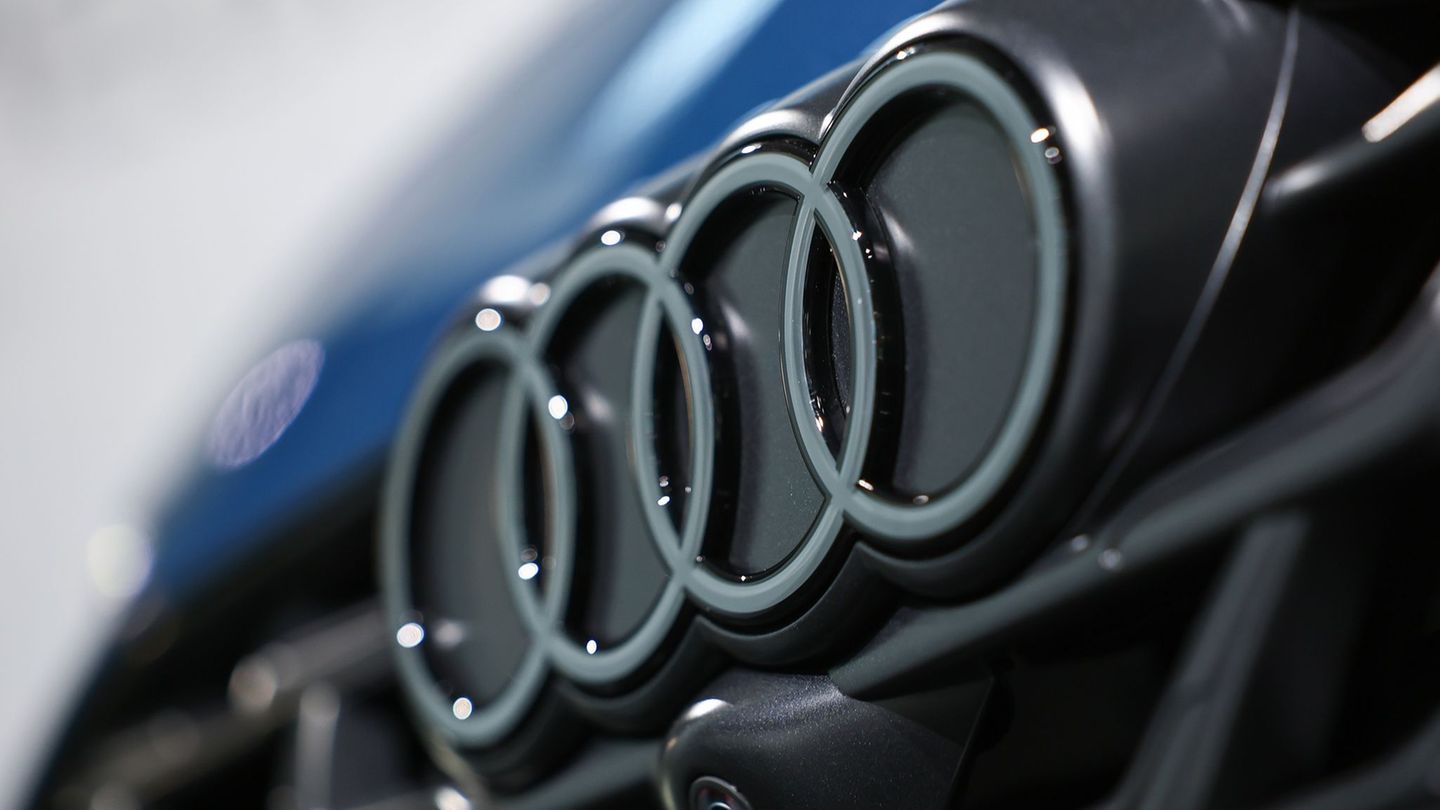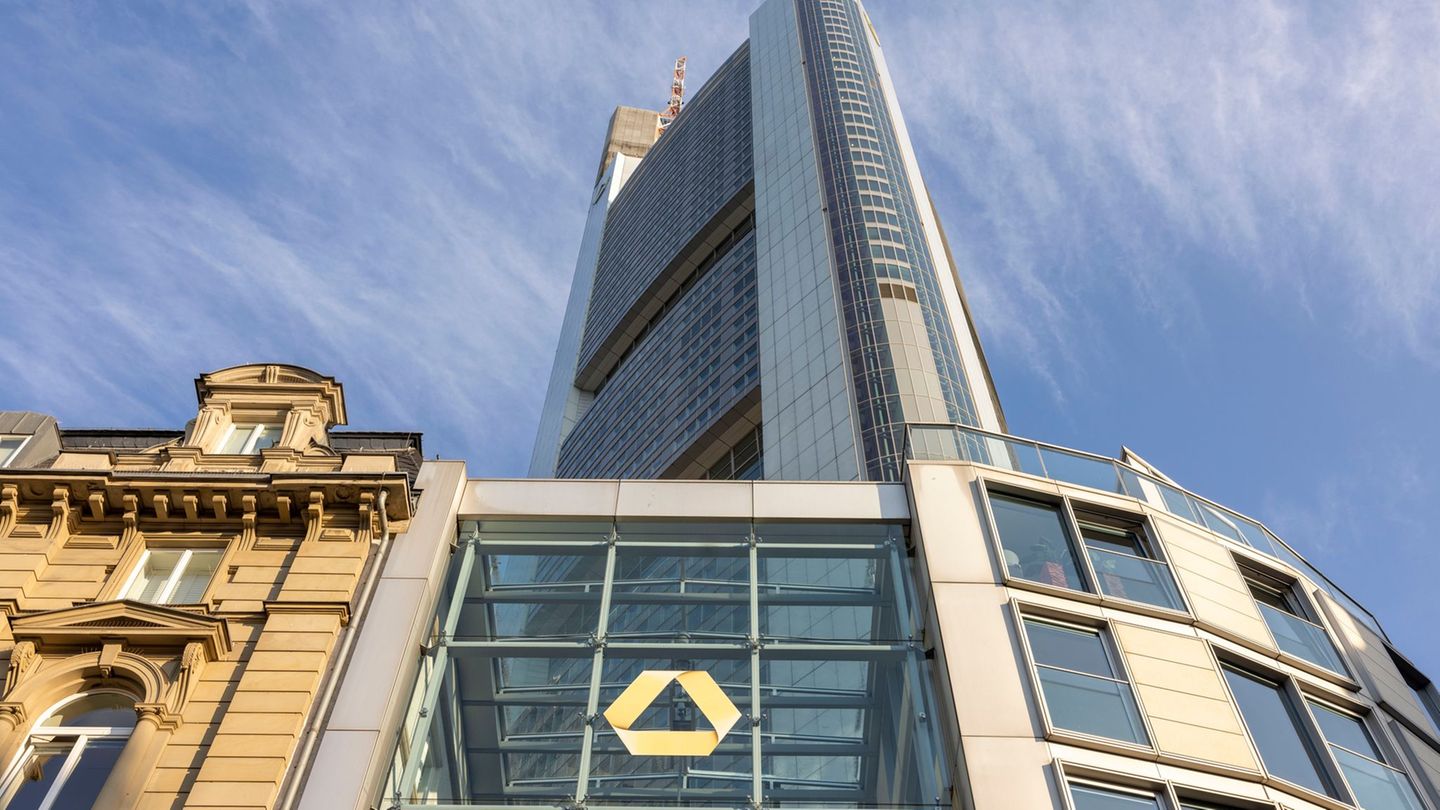Billion investments
Not just the World Cup: Saudi Arabia’s rise as a sports power
The impending award of the 2034 World Cup to Saudi Arabia is no coincidence. The kingdom has been investing billions in sport for years. There is a project behind it – and probably more.
Saudi Arabia is providing a sovereign wealth fund with several billion euros to become a new sports power, but Toni Kroos cannot buy the kingdom with it. The human rights situation in the country is “the one thing that would stop me from such a change,” the 2014 world champion once said before the end of his career. When money is more important than everything else, “things start to get difficult for the football we all know and love.”
Kroos preferred to end his career as a Champions League winner with Real Madrid last summer rather than cash in again in Saudi Arabia. Other soccer stars such as Cristiano Ronaldo and Neymar, however, followed the lure of money. And not just them: The kingdom, which has been widely criticized for its human rights policy, has long been a big player in sport thanks to immense investments, global sponsorship and a large sports policy network.
The official awarding of the 2034 World Cup to Saudi Arabia at the FIFA Congress this Wednesday is the current highlight of this rise – but by no means the end point. Saudi Arabia dreams of the Olympics, the red carpet has already been rolled out.
Sportswashing or genuine interest in sports?
The International Olympic Committee assured Saudi Arabia that it would host the Olympic e-sports games from 2025. It seems downright bizarre that the 2029 Asian Winter Games will also take place in the country with the subtropical climate. In a region where it rarely snows.
But a lot of money makes a lot possible here too. Or as Crown Prince Mohammed bin Salman puts it: they want to “redefine mountain tourism for the world”.
That is exactly – according to official language – the main reason for the massive investments. Saudi Arabia wants to make its economy less dependent on the oil business. The tourism and entertainment sectors play a major role in the “Vision 2030” reform program, which was presented to the public in 2016.
But the kingdom is also accused of wanting to use its commitment to distract attention from human rights violations. Either way: sport is an important tool in strategy.
Top stars and top events in Saudi Arabia
According to a study by the Danish Institute for Sports Studies’ “Play the Game” initiative, Saudi Arabia has signed more than 900 sponsorship deals in world sports. Around a third of the deals were paid for by the Saudi investment fund PIF. This was founded specifically to implement “Vision 2030” and is estimated to contain 650 billion euros. And that pays off.
The multiple world footballer Ronaldo and other football stars put the domestic league in the spotlight. Spain’s and Italy’s top leagues hold their Super Cups in Saudi Arabia. And the English Premier League club Newcastle United actually belongs to the Saudi state via the PIF.
Formula 1 cars have been doing their laps on the Jeddah Corniche Circuit in Jeddah since 2021. The most important boxing fights will take place in Riyadh, as will the second world championship duel between heavyweights Oleksandr Usyk and Tyson Fury on December 21st. The LIV Golf Invitational Series competes with top stars like Phil Mickelson on the established American PGA Tour, sometimes with high three-digit million sums.
In tennis, the sportingly meaningless Six Kings Slam show tournament in Riyadh recently caused a stir because of the entry bonus of 1.5 million US dollars each. The WTA finals for the eight best tennis players took place in Saudi Arabia for the first time this year.
For icons Chris Evert and Martina Navratilova, this was “incompatible with the spirit and mission of women’s tennis and the WTA.” The German association president Dietloff von Arnim also believes that “the debate about human rights and democratic values is not conducted enough when awarding tournaments.”
Human rights organizations repeatedly criticize the human rights situation in Saudi Arabia. Human Rights Watch’s latest report, “Die First and I’ll Pay You Later,” denounces forced labor, wage theft, work in extreme heat and a lack of legal protection among migrant workers.
World Cup as a catalyst for change?
All of this will most likely mean that the 2034 World Cup will also be “affected by far-reaching legal violations.” The world association FIFA responded in its evaluation report that the World Cup finals in ten years could serve as “a catalyst for some of the ongoing and future reforms” and that Saudi Arabia was committed to adhering to a wide range of standards on human rights issues.
Toni Kroos found out firsthand that freedom of expression in Saudi Arabia is not yet good. During the 2024 Supercopa semi-final against city rivals Atlético in Riyadh, the then Real professional was booed because of his critical comments with practically every touch of the ball.
dpa
Source: Stern
I am Pierce Boyd, a driven and ambitious professional working in the news industry. I have been writing for 24 Hours Worlds for over five years, specializing in sports section coverage. During my tenure at the publication, I have built an impressive portfolio of articles that has earned me a reputation as an experienced journalist and content creator.




